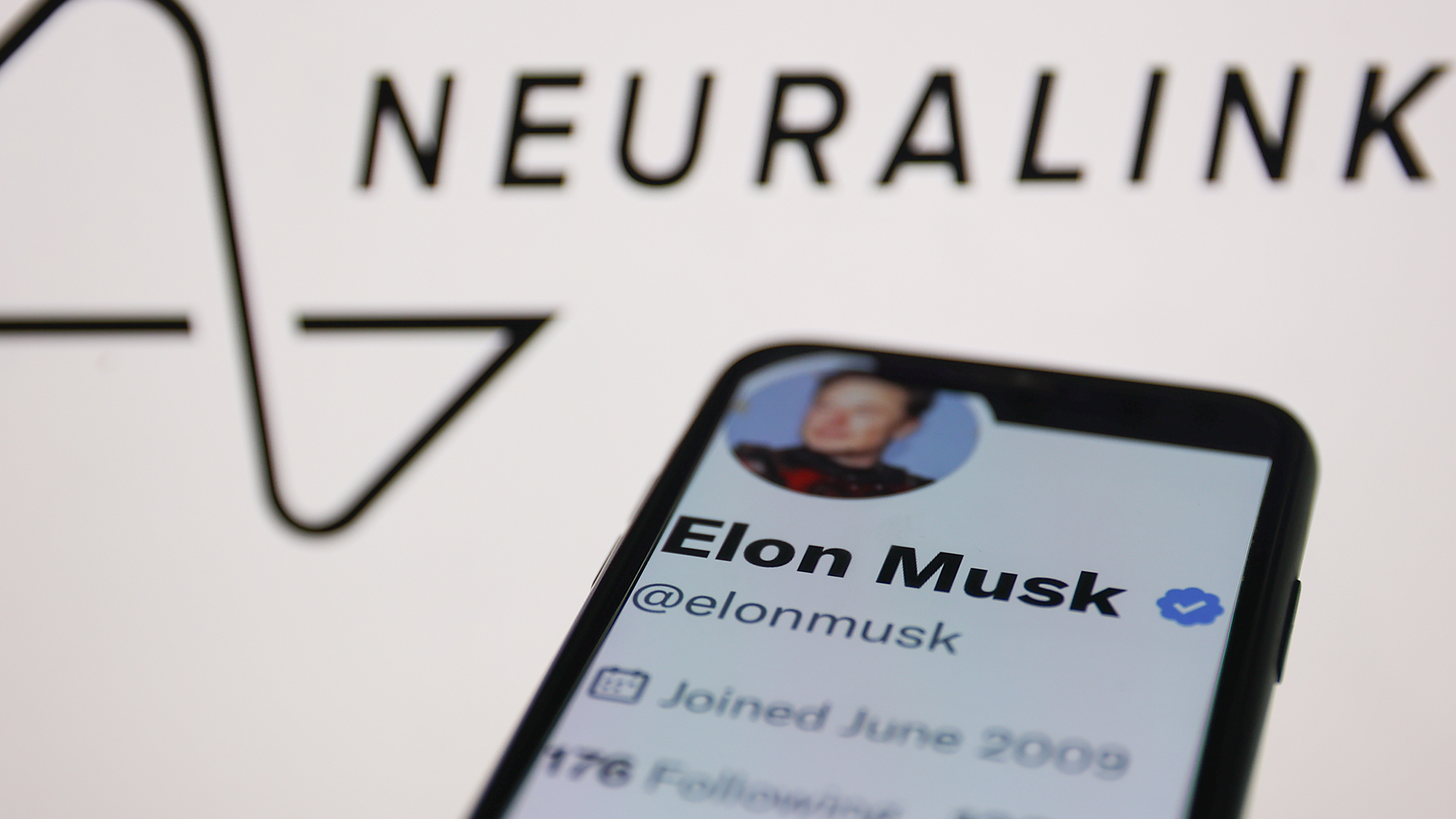

Elon Musk recently claimed that the first human patient has received a Neuralink brain-computer interface (BCI) implant, but stopped short of offering any substantial additional information or proof. In a series of messages posted on Monday evening to X, his social media platform formerly known as Twitter, Neuralink’s majority owner alleged an anonymous volunteer underwent the company’s experimental procedure on January 28 and “is recovering well” while showing “promising neuron spike detection.” In a separate tweet, Musk also announced the first Neuralink product will be called Telepathy.
Despite the potential company milestone, no other official details have been made available in the nearly 24 hours since Musk’s announcement. At the time of writing, Neuralink’s most recent news update is still an initial solicitation on their official website for human trial volunteers published last fall.
[Related: Neuralink is searching for its first human test subjects.]
Neuralink implant plans, explained
Co-founded by Musk in 2016, Neuralink is a tech startup aiming to create BCI implants for a variety of uses. However, its first devices are specifically tailored for physically impaired and paralyzed patients suffering from diseases such ALS to restore motor functions and the ability to communicate.
Musk, in turn, has repeatedly voiced hopes of designing implants capable of connecting anyone’s brain to smartphones, computers, and the internet. The devices are intended to be completely reversible and ungradable, with Musk likening them to iPhones. In 2022, Neuralink’s “N1” was reportedly the size of a quarter, and employed a robotic surgeon machine to subcutaneously connect microscopic wiring to the brain. Musk has also suggested users could eventually summon Teslas using their Neuralink implants, and stated he plans to eventually receive the implant.
Why it took Neuralink so long to begin human trials
Although the FDA approved Neuralink to begin human trials in September 2023, regulators initially rejected the medical startup’s application earlier that year due to multiple safety concerns. Numerous bombshell reports have accused Musk’s company of conducting horrific “hack job” surgeries, some of which resulted in severe injuries, psychological damage, and the death of over 1,500 lab test animals. A graphic exposé from Wired, for example, described dozens of botched spinal surgeries, severe self-harm behaviors, and fatal infections as a result of sheep, monkeys, and pigs receiving experimental implants. These investigations subsequently prompted multiple ongoing federal probes regarding Neuralink’s potential animal abuse, and improper transportation of hazardous materials.
Neuralink had already fallen far behind Musk’s ambitious timeline goals before word spread of the company’s allegedly troubling strategies. In 2019, for example, the SpaceX and Tesla CEO expressed a desire to receive an FDA greenlight by the end of 2020, only to later blow past a revised 2022 deadline.
Neuralink isn’t the first company to implant a BCI
If Sunday’s surgery is confirmed outside of Musk’s X posts, Neuralink will only be the latest company to successfully demonstrate human-BCI devices. Guger Technologies unveiled the world’s first BCI in 2010, while numerous other designs have since debuted, including Synchron’s “Stentrode” neuroprosthesis and one from BrainGate allowing a paralyzed man to convert imagined handwriting into text.
“Imagine if Stephen Hawking could communicate faster than a speed typist or auctioneer. That is the goal,” Musk tweeted last night.
[Related: Neuralink’s human trials volunteers ‘should have serious concerns,’ say medical experts.]
Musk’s nebulous Monday tweets recall his reportedly impulsive social media habits, a pattern that has earned its share of regulatory fallout. Problematic tweets from Musk in 2018 eventually resulted in an SEC security fraud settlement that included relinquishing his position as Tesla chairman, alongside agreeing to separate $20 million fines levied against him and his company. He is currently appealing the decision, as well as a National Labor Relations Board’s ruling pertaining to alleged union busting threats posted by Musk to Twitter.
It’s unclear why Neuralink has not released any more information supporting Musk’s tweets. Company representatives did not respond to PopSci at the time of writing.
